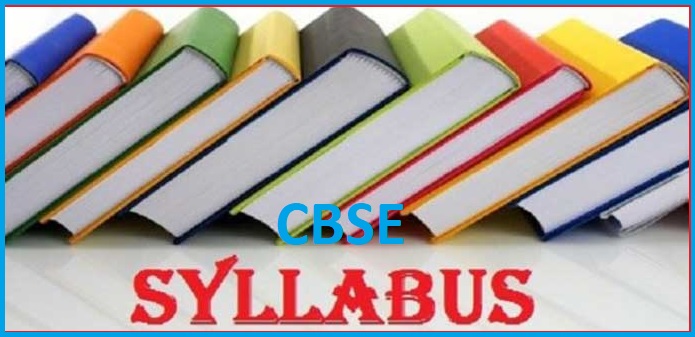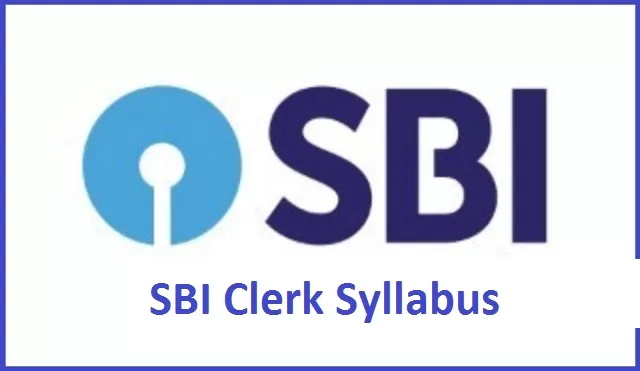CBSE Class 12 Business Studies New Syllabus 2021-2022 (Term 1 & 2)

Check below term 1 term 2 syllabus of CBSE Class 12 Business Studies. We have provided here full CBSE class 12 syllabus for Business studies. This is a new CBSE board business studies syllabus 2021-2022.
Business studies helps students to inculcate business attitude and further help them in higher studies and self employment.
CBSE Class 12 Business Studies New Syllabus 2021-2022 (Term-wise syllabus)
Explore below term-wise CBSE Class 12 Business Studies syllabus-
| Units | TERM 1-MCQ BASED QUESTION PAPER THEORY – 40 MARKS DURATION:90 MINUTES | Periods | Marks |
| Part A | Principles and Functions of Management | ||
| Nature and Significance of Management | 12 | 16 | |
| Principles of Management | 11 | ||
| Business Environment | 08 | ||
| Planning | 08 | 14 | |
| Organising | 10 | ||
| Total | 49 | 30 | |
| Part B | Business Finance and Marketing | ||
| 11 | Marketing Management | 24 | 10 |
| Total | 24 | 10 | |
| Total | 73 | 40 | |
| PROJECT WORK (PART 1) | 10 |
Students would prepare only ONE project in the entire academic session, which is divided into 2 terms i.e. Term I and Term II.
Term 1:
Part A: Principles and Functions of Management
Unit 1: Nature and Significance of Management
| Concept | After going through this unit, the student/ learner would be able to: |
| Management – concept, objectives, and importance |
|
| Management as Science, Art and Profession |
science, art and profession. |
| Levels of Management |
lower levels of management |
| Management functions-planning, organizing, staffing, directing and controlling |
|
| Coordination- concept and importance |
|
Unit 2: Principles of Management
| Principles of Management- concept and significance |
|
| principles. | |
| Fayol’s principles of management |
developed by Fayol. |
| Taylor’s Scientific management- principles and techniques |
‘Scientific Management’. |
Unit 3: Business Environment
| Business Environment- concept and importance |
Environment |
| Dimensions of Business Environment- Economic, Social, Technological, Political and Legal |
‘Business Environment’. |
Unit 4: Planning
| Planning: Concept, importance and limitation |
|
| Planning process |
planning. |
Unit 5: Organising
| Organising: Concept and importance |
|
| Organising Process |
|
| Structure of organisation- functional and divisional concept |
organisation. |
| Delegation: concept, elements and importance |
|
| Decentralization: concept and importance |
decentralisation. |
Part B: Business Finance and Marketing Unit 11: Marketing
| Marketing – Concept, functions and philosophies |
|
| Marketing Mix – Concept and elements |
|
| marketing mix. | |
| Product – branding, labelling and packaging – Concept |
branding, labelling and packaging. |
| Price – Concept, Factors determining price |
price of a product. |
| Physical Distribution – concept |
distribution. |
| Promotion – Concept and elements; Advertising, Personal Selling, Sales Promotion and Public Relations |
relations. |
PROJECT WORK IN BUSINESS STUDIES (ONLY ONE PROJECT): GUIDELINES AS GIVEN IN CLASS XII CURRICULUM
| Units | TERM-2 SUBJECTIVE QUESTION PAPER Theory- 40 Marks DURATION:-2 Hrs. | Periods | Marks |
| Part A | Principles and Functions of Management | ||
| 6 | Staffing | 13 | 20 |
| 7 | Directing | 09 | |
| 8 | Controlling | 07 | |
| Total | 29 | 20 | |
| Part B | Business Finance and Marketing | ||
| 9 | Financial Management | 20 | 15 |
| 10 | Financial Markets | 18 | |
| 12 | Consumer Protection | 05 | 5 |
| Total | 43 | 20 | |
| Total | 72 | 40 | |
| PROJECT WORK (PART – 2) | 10 |
Term 2: Principles and Functions of Management Unit 6: Staffing
| Staffing: Concept and importance |
|
| Staffing process |
of staffing |
| Recruitment process |
recruitment. |
| Selection – process |
process of selection. |
| Training and Development – Concept and importance, Methods of training – on the job and off the job – vestibule training, apprenticeship training and internship training |
and development. |
Unit 7: Directing
| Directing: Concept and importance |
|
| Elements of Directing |
|
| Motivation – concept, Maslow’s hierarchy of needs, Financial and non-financial incentives |
non-financial incentives. |
| Leadership – concept, styles – authoritative, democratic and laissez faire |
leadership. |
| Communication – concept, formal and informal communication; |
informal communication. |
Unit 8: Controlling
| Controlling – Concept and importance |
|
| Steps in process of controlling |
|
Part B: Business Finance and Marketing
Unit 9: Financial Management
| Financial Management: Concept, role and objectives |
management |
| Financial decisions: investment, financing and dividend- Meaning and factors affecting |
|
| Financial Planning – concept and importance |
|
| Capital Structure – concept and factors affecting capital structure |
of an appropriate capital structure of a company. |
| Fixed and Working Capital – Concept and factors affecting their requirements |
requirements of fixed and working capital. |
Unit 10: Financial Markets
| Financial Markets: Concept, Functions and types |
|
| Money market and its instruments |
instruments. |
| Capital market: Concept, types (primary and secondary), methods of floatation in the primary market |
markets. |
| Stock Exchange – Meaning, Functions and trading procedure |
procedure of securities. |
| Securities and Exchange Board of India (SEBI) – objectives and functions |
|
Unit 12: Consumer Protection
| Consumer Protection : Concept |
protection. |
| The Consumer Protection Act, 2019: Source: http://egazette.nic.in/WriteReadData/2 019/210422.pdf Meaning of consumer Rights and responsibilities of consumers Who can file a complaint? Redressal machinery Remedies available | Understand the concept of a consumer according to the Consumer Protection Act, 2019.
|
PROJECT WORK IN BUSINESS STUDIES (ONLY ONE PROJECT): GUIDELINES AS GIVEN IN CLASS XII CURRICULUM
TERM-I PROJECT WORK (Part 1): 10 Marks
The teacher will assess the progress of the project work in the term I in the following manner
| Month | Periodic Work | Assessment Rubrics | Marks |
| 1-3 July-September | Instructions about Project Guidelines, Background reading Discussions on Theme and Selection of the Final Topic, Initiation/ Synopsis | Introduction, Statement of Purpose/Need and Objective of the Study, Hypothesis/Research Question, Review of Literature, Presentation of Evidence, Key Words, Methodology, Questionnaire, Data Collection. | 5 |
| 4-5 October- November | Planning and organisation: forming an action plan, feasibility or baseline study, Updating/modifying the action plan, Data Collection | Significance and relevance of the topic; challenges encountered while conducting the research. | 5 |
| October- November | Midterm Assessment by internal examiner | 10 |
TERM- II – PROJECT WORK (Part 2): 10 Marks
The teacher will assess the progress of the project work in the term II in the following manner:
| Month | Periodic Work | Assessment Rubrics | Marks |
| 6-7 December- January | Content/data analysis and interpretation. Conclusion, Limitations, Suggestions, Bibliography, Annexures and Overall Presentation of the project. | Content analysis and its relevance in the current scenario. Conclusion, Limitations, Bibliography, Annexures and Overall Presentation. | 5 |
| 8 January/ February | Final Assessment and VIVA by both Internal and External Examiners | External/ Internal Viva based on the project | 5 |
| TOTAL | 10 |
Check- CBSE Business studies syllabus pdf


